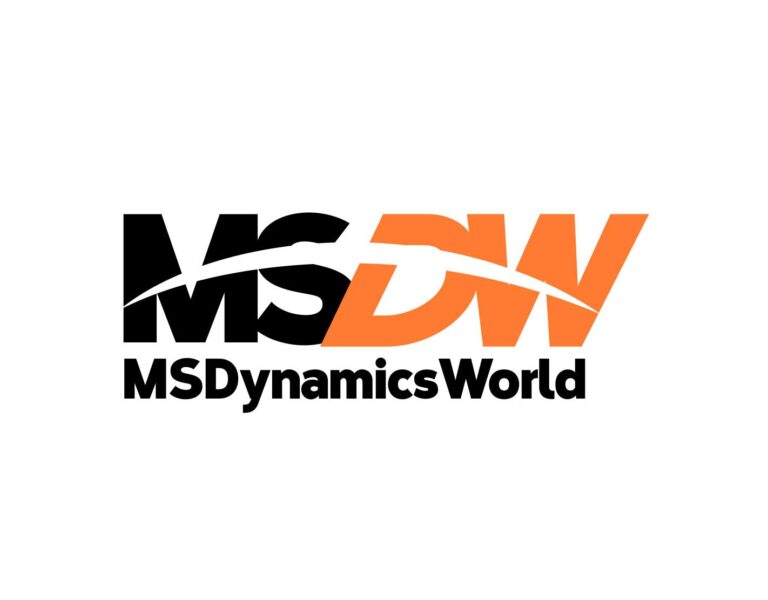In today’s highly competitive digital marketplace, customer relationships are more than just interactions—they’re the foundation of success. Enter the CRM Software Development Company, the game-changer for businesses striving to build, nurture, and grow customer relationships efficiently. Whether you’re a startup looking to scale or an enterprise streamlining its processes, investing in CRM software development services can completely transform the way you connect with your audience.
Why Businesses Need CRM Software
Customer Relationship Management (CRM) isn’t just a buzzword—it’s a survival tool. Imagine juggling hundreds or thousands of customer interactions daily—emails, calls, feedback, purchase history. How do you keep track? That’s where CRM software steps in.
A well-built CRM system helps businesses:
What Does a CRM Software Development Company Do?
A CRM software development company specializes in designing, building, customizing, and maintaining CRM systems tailored to a business’s unique workflows. Unlike off-the-shelf CRMs, custom-built solutions adapt to your exact needs, scale with growth, and integrate seamlessly with your existing tools.
Here’s what these companies typically offer:
-
Business analysis and consultation
-
Custom CRM design and development
-
Integration with third-party tools (ERP, marketing platforms, etc.)
-
Mobile CRM solutions
-
Cloud-based CRM architecture
-
Maintenance and support
Benefits of Custom CRM Software Development
Tailored to Fit Your Business
Off-the-shelf CRM tools might come with unnecessary features or miss out on ones you need. Custom development ensures the software molds around your business process, not the other way around.
Scalable Architecture
Whether you’re onboarding 100 or 10,000 users, a custom CRM can scale efficiently without compromising performance or user experience.
Enhanced Data Security
Security is non-negotiable when handling customer data. A custom CRM comes with robust security protocols that align with your industry standards and compliance requirements.
Seamless Integration
Your CRM needs to “talk” to other systems—email platforms, accounting software, e-commerce engines. Custom CRMs ensure smooth API integrations for a unified workflow.
Types of CRM Solutions Offered by CRM Software Development Companies
Operational CRM
Ideal for streamlining sales, marketing, and service automation. It helps businesses manage leads, campaigns, and customer support more effectively.
Analytical CRM
This type of CRM focuses on analyzing customer data to discover patterns, predict behavior, and improve decision-making. Great for data-driven businesses.
Collaborative CRM
Collaborative CRMs focus on inter-departmental communication. These are essential for businesses with multiple customer-facing teams—sales, marketing, support—all working in sync.
Top Features to Include in a CRM Software
-
Contact management
-
Lead and opportunity tracking
-
Workflow automation
-
Sales forecasting
-
Email & SMS integration
-
Custom dashboards and reports
-
Task and activity tracking
-
Role-based access control
-
Integration with social media
-
Cloud accessibility and mobile compatibility
CRM Software Development Process: How It Works
1. Requirement Analysis
The development journey begins with a deep dive into your business model. Developers gather details on workflows, pain points, goals, and integration requirements.
2. UI/UX Design
A good CRM must be easy to use. UI/UX designers create a user-centric interface, ensuring navigation is intuitive and workflows are efficient.
3. Development
Now the code begins. Developers build core functionalities, connect APIs, and ensure everything runs like a well-oiled machine.
4. Testing
Before launch, rigorous testing ensures the CRM works flawlessly. This includes unit testing, functional testing, performance testing, and user acceptance testing.
5. Deployment and Training
Once the system is live, employees are trained to navigate and utilize it. Training is key to adoption.
6. Maintenance and Support
Post-launch, the CRM software development company offers ongoing support—handling updates, patching bugs, and scaling the system as needed.
Industries That Benefit from CRM Software
CRM isn’t just for sales-driven organizations. Here’s how various industries benefit:
-
Healthcare: Patient records, appointment tracking, follow-ups
-
Real Estate: Lead management, property tracking, contract automation
-
E-commerce: Purchase history, promotions, cart abandonment triggers
-
Finance: Client onboarding, communication tracking, KYC compliance
-
Education: Student enrollment, communication management, fee tracking
Cloud vs. On-Premise CRM Solutions
-
Cloud CRM: Access from anywhere, lower upfront costs, easy scalability. Best for remote and fast-scaling teams.
-
On-Premise CRM: Higher control, one-time licensing, enhanced data privacy. Ideal for companies with in-house IT and data sensitivity.
How to Choose the Right CRM Software Development Company
Choosing the right development partner is like choosing the foundation for your building—everything depends on it. Here’s what to look for:
-
Experience & Portfolio: Check past CRM projects and industry expertise.
-
Customization Capabilities: Can they build from scratch or heavily modify existing solutions?
-
Technology Stack: Ensure they use modern, scalable technologies.
-
Client Reviews: Nothing speaks louder than real feedback.
-
Post-Launch Support: Go with a company that sticks around after deployment.
Cost of CRM Software Development
Costs vary based on:
On average, small business CRM solutions might cost anywhere from $10,000 to $50,000. Enterprise-level systems can run well over $100,000.
Top Technologies Used in CRM Software Development
-
Frontend: React, Angular, Vue.js
-
Backend: Node.js, .NET, Java, Python
-
Databases: MySQL, MongoDB, PostgreSQL
-
Cloud Services: AWS, Azure, Google Cloud
-
APIs: REST, GraphQL
-
DevOps: Docker, Kubernetes, Jenkins
Future Trends in CRM Development
The world of CRM is evolving rapidly. Here’s what’s on the horizon:
-
AI & Machine Learning: Predictive lead scoring, sentiment analysis, automated responses
-
Voice Assistants: Voice-activated CRM commands for on-the-go sales teams
-
AR/VR Interfaces: For immersive customer data visualization
-
Hyper-Personalization: Delivering custom experiences using real-time data
-
Self-Service Portals: Giving customers more control over their interactions
Conclusion
A robust CRM can redefine how your business interacts with customers, fuels growth, and stays ahead in the market. Partnering with the right CRM software development company is more than just an investment in software—it’s a strategic move toward sustainable success. Whether you’re looking for tailored workflows, deep analytics, or seamless integrations, CRM software development services can turn your business vision into a reality.
FAQs
1. How long does it take to develop a custom CRM?
Typically, it takes 3–6 months depending on the complexity, features, and integrations required.
2. Can I integrate a custom CRM with my existing tools?
Absolutely! Custom CRMs are built with APIs that allow integration with your current software stack.
3. Is cloud-based CRM better than on-premise?
It depends on your needs. Cloud is more flexible and cost-effective, while on-premise offers higher control and security.
4. Will I receive training after CRM deployment?
Yes, most CRM software development companies offer training sessions to ensure smooth adoption.
5. Can a custom CRM be upgraded later?
Definitely! Custom CRMs are built to be scalable and adaptable to future business needs.





